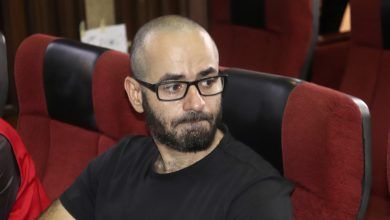
The Chairman of the Economic and Financial Crimes Commission (EFCC), Ola Olukoyede, has expressed concern over the contradictory stance of Nigerians who publicly condemn corruption but rally behind corrupt leaders when they face prosecution.
Speaking during a meeting with officials of the Centre for Crisis Communication (CCC) in Abuja on Friday, Olukoyede emphasized that underdevelopment in Nigeria could be eradicated if corruption were treated as a common enemy by all citizens.
“Everyone is crying that Nigerians are corrupt, that the system is corrupt, that corruption is killing us and destroying our system,” Olukoyede said. “But when we investigate high-profile cases and bring people to court, we see the same people supporting corrupt leaders by carrying placards. This sends the wrong message. The fight against corruption should be a collective effort.”
He argued that a unified approach, with collaboration from all sectors of society, was essential to effectively tackle corruption. According to Olukoyede, no single agency, including the EFCC, can successfully fight corruption alone. He highlighted that policy, societal roles, and the welfare of citizens all play crucial roles in the effort.
Olukoyede also emphasized that his leadership of the EFCC has focused more on prevention than enforcement. “We don’t always have to wait for money to be stolen before we act. Prevention is key, and we’ve made it a priority,” he explained. Under his leadership, the EFCC has created a new directorate, the Fraud Risk Assessment and Control (FRAC), to address potential corruption before it happens.
“With prevention, we believe there will be less to enforce,” he said, noting the importance of tracking government payments and ensuring the proper execution of capital projects. He also stated that the EFCC has access to the Government Integrated Financial Management Information System (GIFMIS) to monitor where public funds are allocated and how they are spent.
While prevention remains a focal point, Olukoyede affirmed that enforcement will not be neglected. “We are scaling up enforcement, but prevention costs less and is more effective in the long run.”
As the EFCC continues its work, Olukoyede emphasized the importance of public awareness and support, which can be strengthened through strategic communication partnerships with organizations like the CCC. He believes that raising awareness on the Commission’s efforts and fostering a culture of integrity are key to the success of the fight against corruption.





